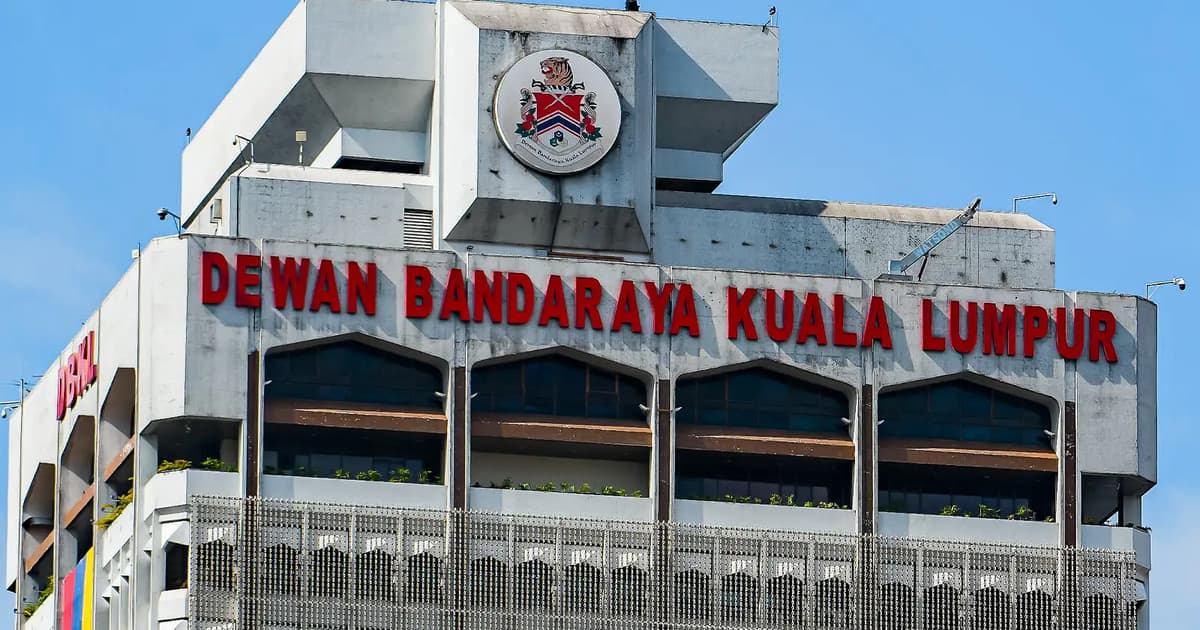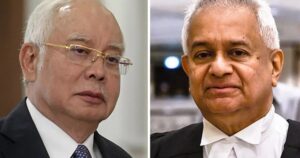
From Nik Nazmi Nik Ahmad
The Kuala Lumpur City Hall (DBKL) has adopted the position that there is no longer a general need for public hearings.
Public hearings will be limited to select development projects.
Nevertheless, it is important to defend the space of the public to give feedback on development projects, to ensure that they are truly sustainable and meet the actual needs of the community.
The legal position outlined above, unfortunately, misses an important point: local plans, no matter how carefully drafted, cannot possibly cover every single detail or contingency on the ground.
At best, they only provide general guidelines and maximum limits under ideal conditions.
Development projects still need a reasonable amount of careful, inclusive scrutiny to effectively measure the impact on surrounding communities.
Considering previous issues such as the Bukit Kiara controversy and the ongoing debate over the Urban Renewal Act, it is important for DBKL to adopt and hold itself to higher standards to address the concerns of the people of our nation’s capital, which is also its premier city.
The residents of this city feel that developments have been developer-centric.
This is not merely an academic argument.
The Petaling Jaya City Council has found a way to ensure that the public there are still heard, even without recourse to legal requirements.
For instance, among other things, developers must put up signboards to inform residents of new developments, and the latter are invited to consultation sessions to give their views.
Local councillors chair these meetings, with elected representatives and developers present. These steps are done through administrative procedures, and are in accordance with the law, which mandates that all relevant factors must be considered before approving development. This is something that DBKL should seriously consider.
Cutting out public input at the DO (development order) stage goes against these commitments and weakens public trust in the system.
It should be noted that one is not advocating the creation of long, complicated processes that stymie much-needed improvements.
However, much-needed public support for these developments can be assured if the basic right for residents to know what’s being planned near their homes, access relevant and necessary documents, as well as give feedback, even through simple consultation sessions are enshrined.
There’s real value to these feedback sessions even from a technical perspective because they often reveal substantive, on-the-ground issues that local plans sometimes miss, such as traffic problems, flooding risks, heritage concerns and others.
Otherwise, residents would have to rely on legal action, which is time-consuming, complicated and expensive.
This option is only available to a small group of residents. The right to public hearing would solve this dilemma. I made these points at the Dialog Bandar Raya for Setiawangsa with the mayor of Kuala Lumpur, Maimunah Sharif, on Aug 16.
I would again strongly urge DBKL and the relevant authorities to give this serious consideration as part of efforts to make Kuala Lumpur a truly world-class city.
Nik Nazmi Nik Ahmad is the MP for Setiawangsa and a former natural resources and environmental sustainability minister.
The views expressed are those of the writer and do not necessarily reflect those of FMT.






